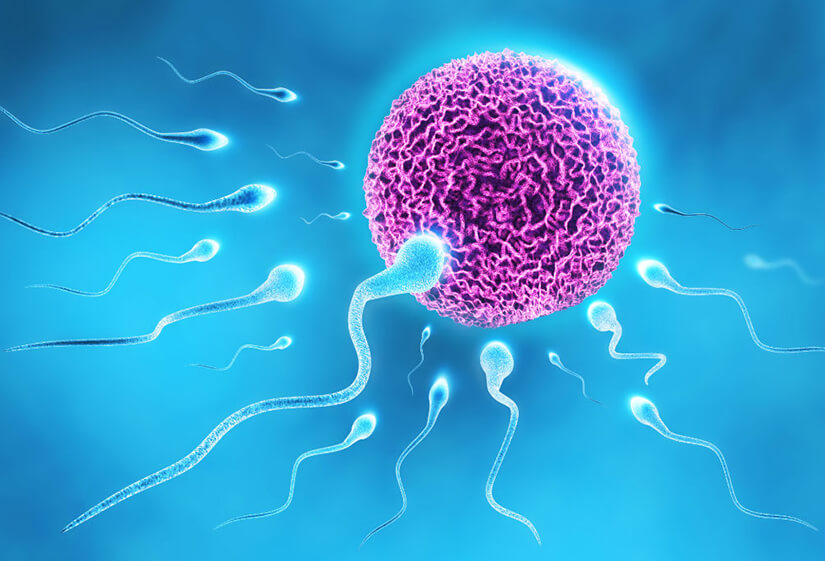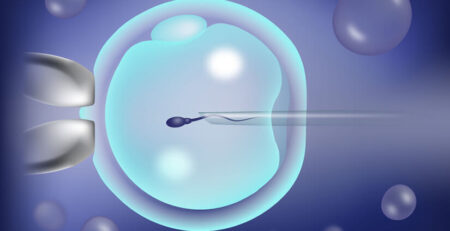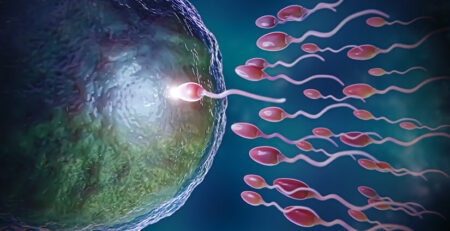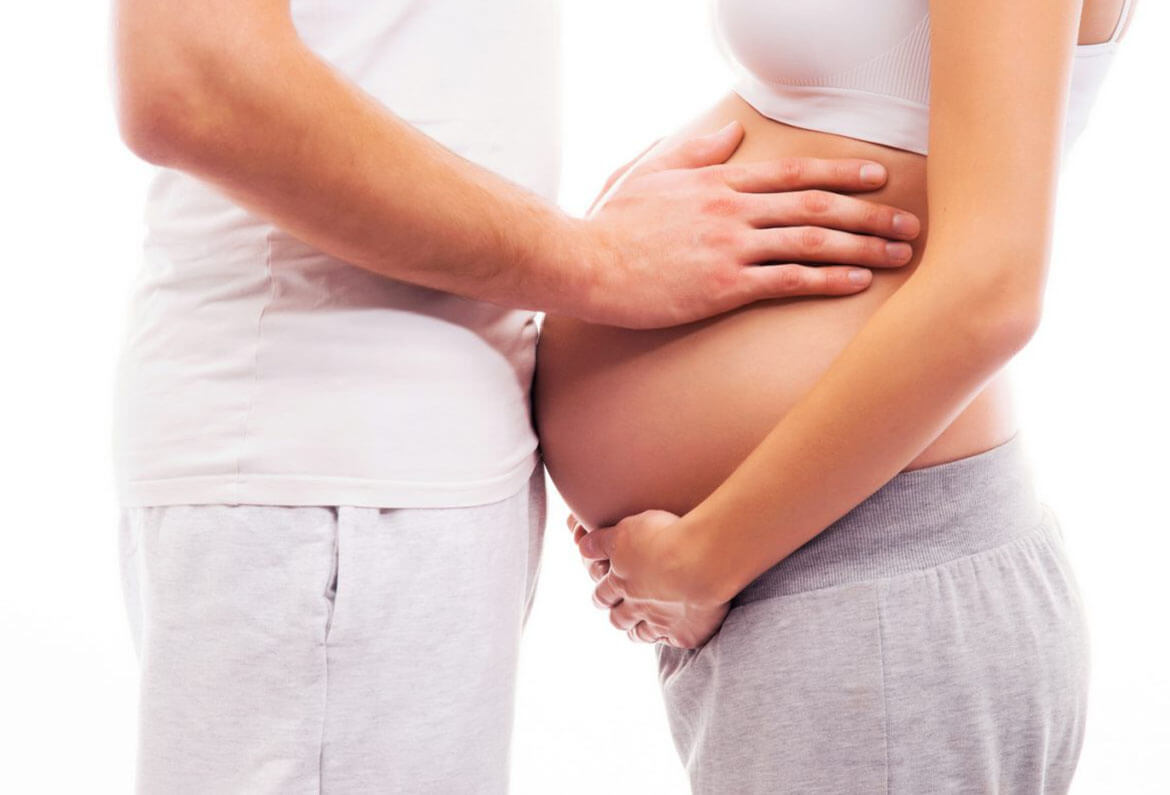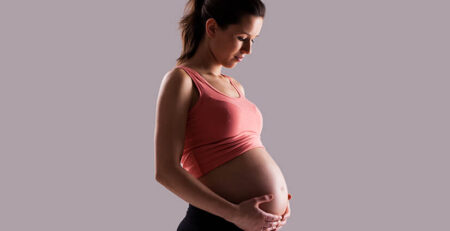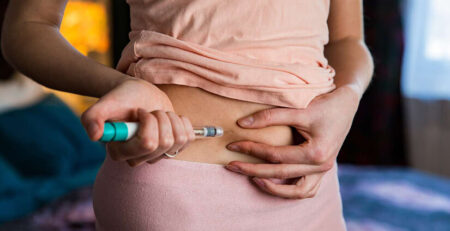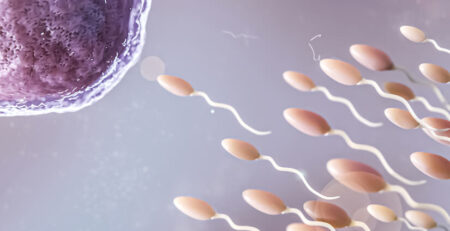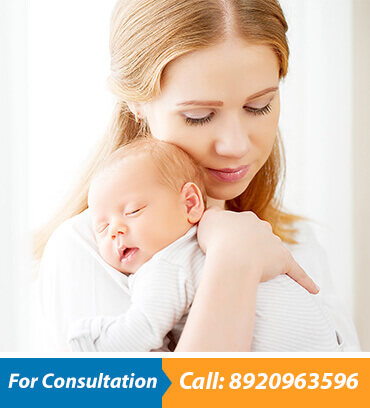How Successful Is IVF With Low Ovarian Reserve?
Are you struggling to conceive; feel like time is running out and your chances of having a baby are dwindling? The road to motherhood can be challenging, especially for women with low egg reserve symptoms.
It can be a frustrating and emotional journey for many women trying to get pregnant. The good news is that there are solutions available, including In vitro fertilisation (IVF).
IVF is a well-established assisted reproductive technology that can help couples struggling with infertility. However, when it comes to women with low ovarian reserve, the question remains: How successful is IVF with low ovarian reserve?
Let’s find out!
What is Low Ovarian Reserve?
Ovarian reserve refers to the quantity and quality of a woman’s eggs that are available for fertilisation. But with age, the number and quality of their eggs naturally decrease, which is called a low ovarian reserve. This means that the woman may have fewer eggs available for fertilisation and implantation and may have a reduced chance of conceiving naturally or with fertility treatments.
Low egg reserve symptoms are most commonly seen in women over 35, as the number and quality of eggs naturally decline with age. However, it can also be caused by certain medical conditions, genetic factors, smoking, ovarian surgery or treatments such as chemotherapy or radiation therapy.
Low egg reserve may not cause any noticeable symptoms, especially in the early stages. However, as ovarian reserve declines further, some women may experience low egg reserve symptoms such as:
- Irregular periods
- Difficulty getting pregnant
- Menopause at an early age
- High FSH (follicle-stimulating hormone) levels
- Low AMH (anti-Müllerian hormone) levels
However, not all women with a low ovarian reserve will experience these symptoms, and some women may have no symptoms at all. If you are concerned about your ovarian reserve or have trouble getting pregnant, it’s important to talk to an IVF specialist like Dr Rhythm Gupta, who can help determine the cause and recommend appropriate low egg reserve treatment options like IVF.
What is IVF Treatment?
IVF stands for “in vitro fertilisation,” which is a type of assisted reproductive technology (ART) that can be an effective low egg reserve treatment and help couples who are struggling with infertility to conceive a child. IVF involves fertilising an egg with sperm outside the body in a laboratory dish and transferring the resulting embryo(s) to the woman’s uterus.
IVF is a complex and expensive procedure that requires careful planning, monitoring, and coordination between the couple and their medical team. IVF specialist Dr Rhythm Gupta has helped many couples achieve their dream of having a child, but it is not always successful and may require multiple attempts.
IVF can be complex and emotionally challenging, but it has helped many couples overcome infertility and start or expand their families.
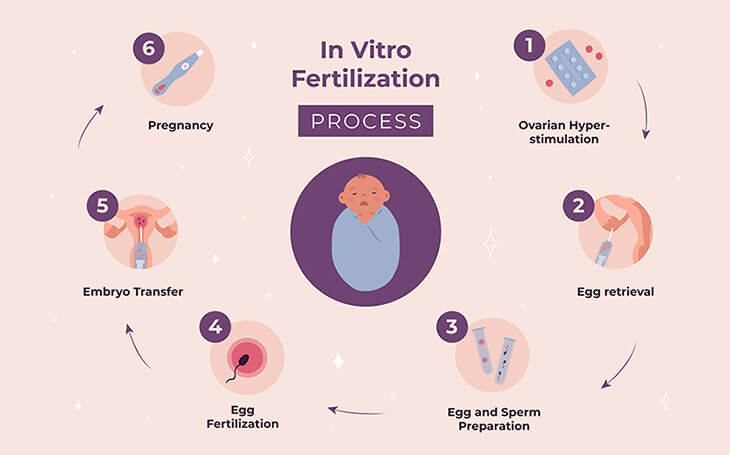
Is IVF Successful With Low Ovarian Reserve?
IVF, or In Vitro Fertilization, is a popular low egg reserve treatment that can help women who struggle to conceive naturally. IVF (In Vitro Fertilization) involves stimulating the ovaries to produce multiple eggs, retrieving those eggs, and fertilising them with sperm in a laboratory. The resulting embryos are then transferred into the uterus with the hope of achieving a successful pregnancy.
The success of in vitro fertilisation (IVF) with low egg reserve depends on various factors, including age, the cause of low ovarian reserve, the quality of the eggs retrieved, and the overall health of the patient.
Low ovarian reserve, also known as diminished ovarian reserve, refers to a decrease in the quantity and quality of eggs available in the ovaries. This condition may be caused by age, genetic factors, autoimmune disorders, chemotherapy, or radiation therapy. For women with low ovarian reserve, IVF can be more challenging, as fewer eggs may be available for fertilisation.
One major factor that can influence success rates is age. As a woman gets older, her ovarian reserve declines and the quality of her eggs may also decrease, which can affect the chances of a successful pregnancy. Another factor is the cause of low ovarian reserve, which can include conditions such as premature ovarian failure or chemotherapy.
The treatment protocol used during IVF can also impact success rates. For example, some protocols involve higher doses of fertility medications to stimulate the ovaries to produce more eggs, while others may use a natural or minimal stimulation approach. Your IVF specialist can advise you on the best treatment protocol for your individual circumstances.
While IVF with low egg reserve symptoms may require additional efforts and support, it is still possible to achieve a successful pregnancy. By staying informed and working with a skilled medical team, you can increase your chances of achieving a successful pregnancy, even with low ovarian reserve.
Medications like DHEA (Dehydroepiandrosterone): DHEA is a hormone that can be used to improve ovarian function and egg quality in women with poor egg reserves. It is believed to affect ovarian response to stimulation during IVF cycles positively.
Growth Hormone and Testosterone: These hormones may be used in some cases to improve ovarian response and egg quality in women with poor egg reserve. Growth hormone may help to stimulate follicle growth, while testosterone may improve follicle sensitivity to stimulation.
Injections: In some cases, adding LH (Luteinizing Hormone) hormone or using higher doses of ovarian stimulation injections may be considered to improve egg production in women with poor egg reserve.
Embryo pooling: This involves collecting eggs from multiple IVF cycles and combining them to increase the chances of obtaining viable embryos for transfer. This approach may be considered for women with poor egg reserves who may not produce enough eggs in a single IVF cycle.
Ovarian PRP (Platelet-Rich Plasma): PRP is a concentrated solution of platelets obtained from the woman’s own blood. It may be used in some cases to improve ovarian function and egg quality in women with poor egg reserves.
Donor Egg: If other options are unsuccessful, using donor eggs from a younger and healthier woman may be considered a last resort for women with poor egg reserves. This involves fertilising the donor eggs with the partner’s sperm and transferring the resulting embryos into the woman’s uterus.
Wrapping Up!
IVF can be a viable option for women with a low ovarian reserve struggling to conceive naturally. While success rates can be lower compared to women with normal ovarian reserve, there are various approaches and treatments available that can improve the chances of a successful outcome. Consulting with a fertility specialist can help determine the best course of action and increase the chances of a successful outcome.
If you are struggling with infertility due to low ovarian reserve or any other low egg reserve symptoms, Dr Rhythm Gupta can provide you with personalised and compassionate care. As a skilled and experienced IVF specialist, Dr Rhythm Gupta can help you navigate the complexities of fertility treatments and maximise your chances of success.
Don’t hesitate to contact her and take the first step towards starting or expanding your family.

